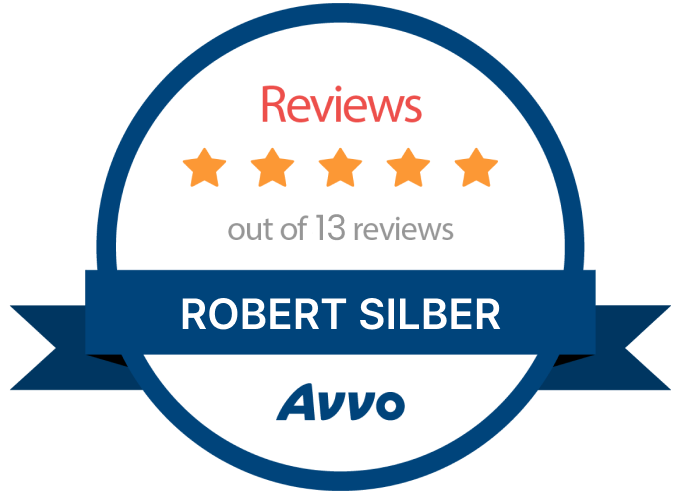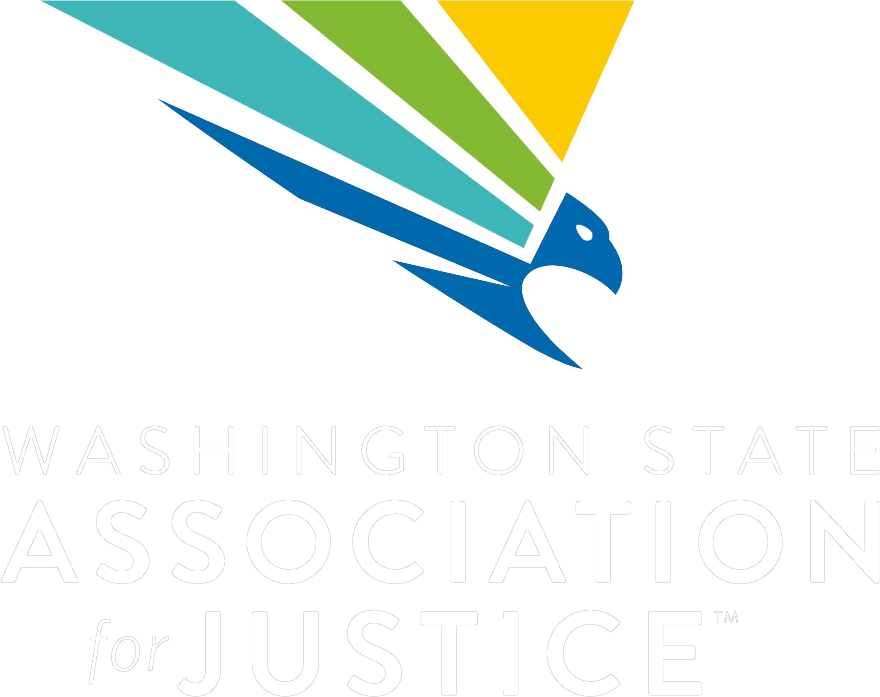Is a Claim Resolution Settlement Right for You?
There are several ways a workers’ compensation claim in Washington State may “settle,” one of which is known as a Claim Resolution Settlement Agreement or CRSA. Even though this type of settlement often results in a larger payout for an injured worker, there are strict criteria for eligibility and the worker forever waives their right to future monetary benefits in the claim. Therefore, a CRSA is appropriate only under certain circumstances.
- Eligibility to Request Negotiation for a CRSA
The relevant statute, RCW 51.04.063, explains who can request a CRSA in their workers’ compensation claim:
- The worker must be at least 50 years of age;
- At least 180 days have passed since the claim was received by the Department of Labor and Industries or self-insured employer; and
- The order allowing the claim is final and binding.
In any other instance – say, for example, if the injured worker is age 45, or the claim has only been received by the Department of self-insured employer within the past 30 days, or the claim was rejected or an order allowing the claim has been protested – the worker does not meet the criteria for CRSA eligibility.
- Requesting CRSA Negotiations
Significantly, a CRSA is usually paid upon closure of the claim and resolves the worker’s right to any and all monetary benefits in the claim and, on occasion, even in prior claims were they to be reopened. The injured worker can continue to seek medical benefits, but this typically occurs after the claim is closed with the CRSA and only if the industrial injury or occupational disease objectively worsens to warrant reopening the claim for treatment. The worker’s inability to obtain further monetary benefits is the primary reason for a higher monetary outcome than is customary in a traditional claim closure with (or without) a permanent partial disability award.
Entering into a CRSA is strictly voluntary for injured workers, the Washington State Department of Labor and Industries, and employers. For example, in a State Fund claim, the injured worker, the Department, and the State Fund employer must agree to the negotiation process. The Department or State Fund employer may refuse to negotiate, and the law does not provide the worker with protest or appeal rights relative to the Department or employer’s refusal decision. In this event, the claim will continue to be administered according to the law. Keep in mind, however, the employer may not be active in the claim and, as such, not a party to the negotiation process.
In a State Fund claim, an injured worker (or their attorney) can request a CRSA by applying on-line through the L&I website (L&I Claim Resolution Settlements) or by completing an Application for Claim Resolution Settlement and returning it to the Department email, fax, or mail. The process in a self-insured claim is less formal; the worker or attorney can simply notify the self-insurer (or their attorney) of their interest in a CRSA. The Department of Labor and Industries or self-insurer should notify the worker within a week to 10 days of its decision about whether to engage in CRSA negotiations, and if a response is not received, it will be incumbent upon the worker (or their attorney) to follow up with a telephone call to either the Department or the self-insurer or its attorney.
- What to Expect Once CRSA Negotiations Commence
It is not uncommon for CRSA negotiations to take time. Each party has the right to argue the “value” of the claim, and the worker may have multiple opportunities to provide evidence of anticipated future claim costs, which should increase the settlement amount. If an agreement is reached, a settlement contract is drafted that sets forth all terms of the agreement, is circulated for signature by all parties, and is then submitted to the Board of Industrial Insurance Appeals for approval.
If the Department or a self-insurer is paying time loss benefits, those payments will continue through the negotiation process and the agreement becomes final.
If the Board of Industrial Insurance Appeals approves the agreement, the Board will issue a formal Decision and Order memorializing its approval. All parties then have 30 days to revoke the agreement – in other words, change their minds – for any reason whatsoever. If no one revokes the agreement within 30 days, the CRSA becomes final. The Department, or self-insured employer if applicable, must issue the settlement payment within 14 days after the CRSA is final. Additionally, the Department will issue a formal order memorializing the claim has been closed with a CRSA.
A CRSA does not affect an injured worker’s right to file a future claim for an industrial injury or occupational disease. Moreover, a CRSA cannot include settlement of employment discrimination or third party claims.
- When Should an Injured Worker Consider a CRSA
The following describes circumstances that may make a CRSA an ideal outcome for a worker in his or her claim:
- Injured workers who are not interested in seeking retraining or even a pension and have either other employment options or alternative financial resources to support themselves and their families;
- Injured workers who have serious injury but are frustrated with the L&I system including repeated compelled medical examinations;
- Injured workers who are facing a self-insured employer intent on disputing entitlements with potentially years of litigation – delays the worker cannot afford due to health issues or concerns about mortality;
- Injured workers who have serious injury with significant claim costs and/or considerable time loss compensation rates and may have other sources of income or financial support.
- Is An Attorney Necessary?
The W.E. Upjohn Institute for Employment Research found that injured workers with attorneys generally fare better in CRSA negotiations, with their claims being resolved more quickly. Workers who are permanently unable to return to their previous job due to a severe or complex injury or occupational illness should at least consult an attorney to fully understand the implications of a CRSA compared to a traditional claim closure. However, if the injured worker’s injury is minor and the worker is capable of returning to work, an attorney may not be needed as the claim value is likely to be relatively modest.
Attorney fees are limited to 15 percent (15%) of the CRSA amount.
Regardless of whether a worker has an attorney or not, the Board of Industrial Insurance Appeals must approve the CRSA. If the injured worker is not represented by an attorney, the Board will require the worker to appear at a hearing to explain the reason the CRSA is in the worker’s best interest, and it is not uncommon for the Board to refuse to approve the CRSA. Conversely, if the worker has an attorney, the Board does not require a hearing and is more likely to approve the CRSA as the attorney’s role is to ensure the agreement serves the worker’s best interests.





